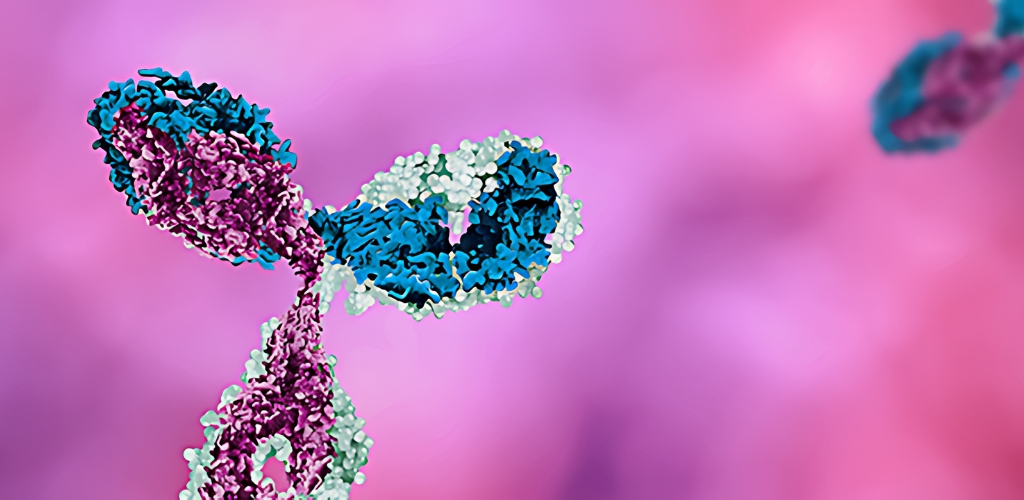The immune system is an intricate network of cells, tissues, and organs that work together to protect the body from foreign invaders, such as bacteria, viruses, and parasites. In recent years, researchers have uncovered the crucial role that epigenetics plays in regulating the immune system. Epigenetics refers to heritable changes in gene expression that do not involve alterations in the DNA sequence. These epigenetic modifications can be influenced by various environmental factors, such as diet, stress, and exposure to toxins.
Epigenetic Regulation of Innate Immunity
The innate immune system is the body’s first line of defence against pathogens.Epigenetic mechanisms, such as DNA methylation and histone modifications, play a vital role in regulating the expression of genes involved in innate immune responses. For instance, DNA methylation can silence the expression of genes that encode inflammatory cytokines, while histone acetylation can activate the transcription of genes involved in pathogen recognition.
Recent Advances in Epigenetics and Immune System Regulation
Recent research has unveiled some fascinating new insights into how epigenetic modifications influence the immune system. One area of particular interest is the impact of the microbiome on immune function through epigenetic mechanisms. Studies have shown that the gut microbiome can modulate the immune system by influencing DNA methylation and histone modifications, which in turn affect the expression of immune-related genes. This interaction underscores the importance of maintaining a healthy gut microbiome for optimal immune function.
Additionally, new findings have highlighted the role of epigenetic changes in autoimmune diseases. For instance, researchers have discovered specific epigenetic patterns in patients with rheumatoid arthritis and systemic lupus erythematosus. These patterns include aberrant DNA methylation and histone modification profiles that lead to the misregulation of immune genes, contributing to the pathogenesis of these diseases. Understanding these epigenetic signatures opens the door to developing targeted therapies that can modify these epigenetic marks to treat autoimmune conditions more effectively.
Epigenetic Regulation of Adaptive Immunity
The adaptive immune system is responsible for generating specific and long-lasting immune responses to pathogens. Epigenetic modifications are crucial for the development and function of adaptive immune cells, such as T and B lymphocytes. During T cell differentiation, epigenetic changes regulate the expression of genes involved in lineage specification and cytokine production. Similarly, epigenetic mechanisms control the expression of genes involved in B cell development and antibody production.
Age-Related Changes in Immune System Regulation
As individuals age, the immune system undergoes significant changes, which can lead to an increased susceptibility to infections and chronic diseases. Consistent evidence has shown that age-dependent alterations in epigenetic regulation contribute to these changes in immune function. For example, age-related changes in DNA methylation patterns have been observed in CD8+ T cells, which are involved in the clearance of virus-infected and tumour cells.
Implications for Disease Prevention and Treatment
Understanding the role of epigenetics in immune system regulation has important implications for disease prevention and treatment. By identifying epigenetic biomarkers associated with immune dysfunction, researchers can develop new diagnostic tools and personalised treatment strategies. Moreover, epigenetic therapies, such as DNA methyltransferase inhibitors and histone deacetylase inhibitors, have shown promise in the treatment of various immune-related disorders.
In conclusion, the interplay between epigenetics and immune system regulation is a complex and dynamic process that is influenced by various environmental and genetic factors. By elucidating the mechanisms underlying this relationship, researchers can develop new strategies for maintaining a healthy immune system and preventing and treating immune-related diseases.
Citations:
[1] https://www.immunopaedia.org.za/immunology/advanced/7-epigenetics-modulation-of-immunity/
[2] https://clinicalepigeneticsjournal.biomedcentral.com/articles/10.1186/s13148-019-0632-2
[3] https://pubmed.ncbi.nlm.nih.gov/30918351/
[4] https://www.activemotif.com/blog
[5] https://www.frontiersin.org/journals/immunology/articles/10.3389/fimmu.2018.00197/full




